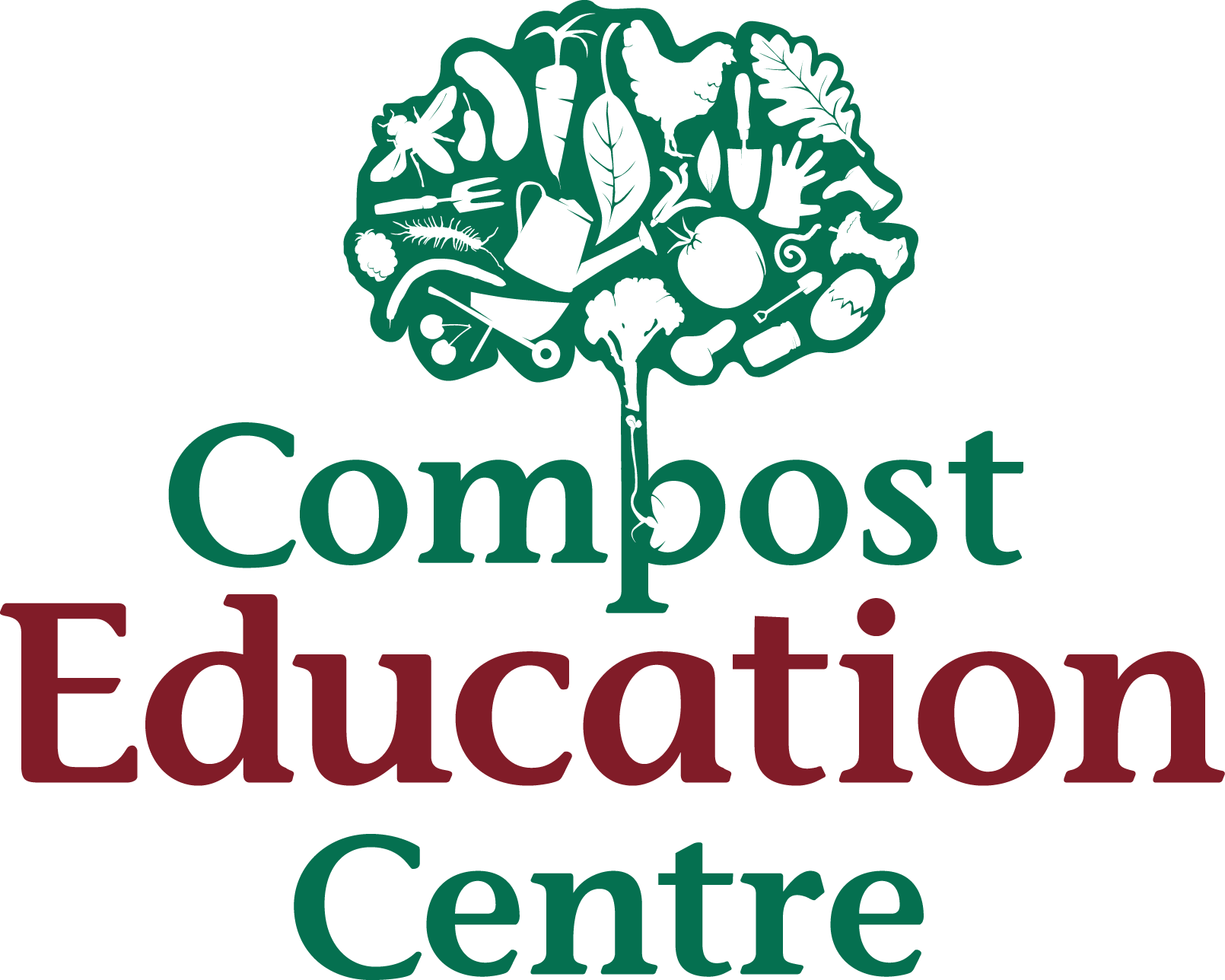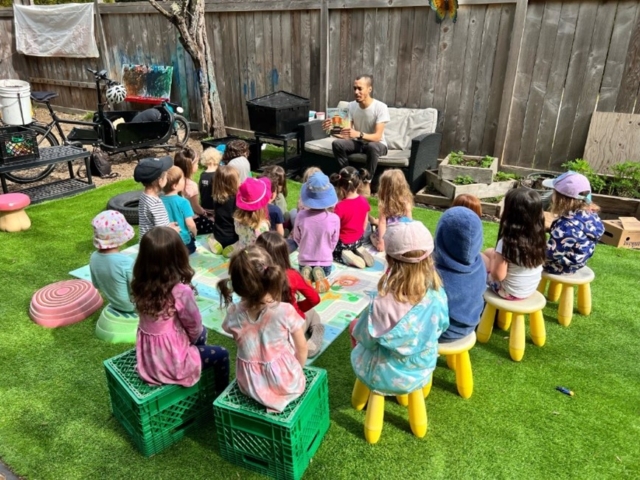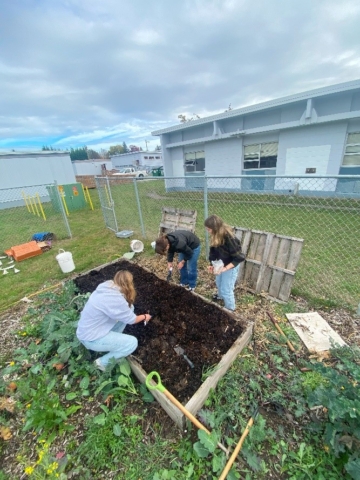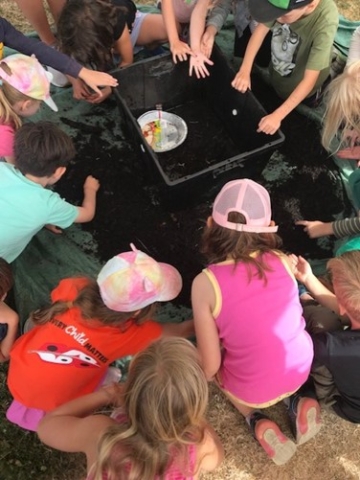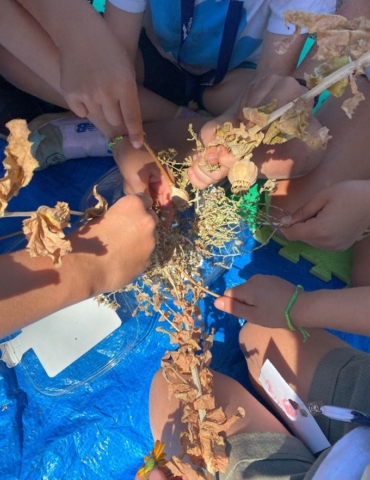The Dr. Wriggles Annual Update
January 8, 2024

The Compost Education Centre connects with and positively impacts children and youth in our region. A recent study published by the Capital Regional District reports that 56% of grade 7-12 youth in the region don’t feel connected to land and nature. This disconnect is representative of how many children and youth of all ages feel. Elora Adamson, the Child and Youth Education Program Manager, and Jeffrey Ellom, the Child and Youth Education Program Coordinator, address this disconnect by providing accessible and inclusive education.
Over the past year, Elora and Jeffrey have delivered 286 in-person educational workshops featuring soil science, food waste reduction and diversion, resource conservation, and composting to 4552 students and 789 adults. Elora and Jeffrey create and deliver workshop content that’s tied into British Columbia’s provincial science and social studies curriculum on topics including energy transfer, organism life cycles, chemical and physical changes, and sustainable practices. At the same time, Elora and Jeffrey connect students to the natural processes in their own neighborhoods rather than educating about nature in the abstract. To best help students engage with big ideas like climate change, our programs are regionally specific, solution-driven, and hands-on.
One workshop participant shared that “staff and children greatly enjoyed this workshop. They enjoyed the puppets and the storytelling. Many of the children were telling their parents about what they learned when they arrived at a pick up time. Even a week later, some of the children are still talking about how pollinators are helping our gardens.”
Elora and Jeffrey build and maintain relationships with teachers, administrators, and education organizations throughout the CRD. To ensure cost is never a barrier, we offer free or discounted workshops to under-resourced classrooms. We have also had success adapting workshops to a variety of student access needs whether physical, behavioral, social, linguistic, or developmental. We also email teachers after workshops to invite feedback. To maintain accessibility to underserved rural communities, we bring workshops to any location in the CRD at no additional travel cost. Our aim is to reduce as many barriers to engaging and nature-based education as possible.
We are able to provide this low-barrier education with the support of donors and funders. We are grateful to the Rotary Club of Victoria for supporting our 2024 children and youth educational programming.
Claire Remington, Executive Director
